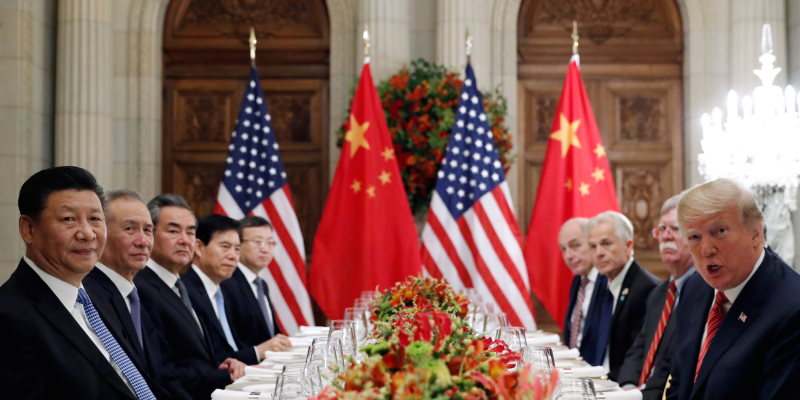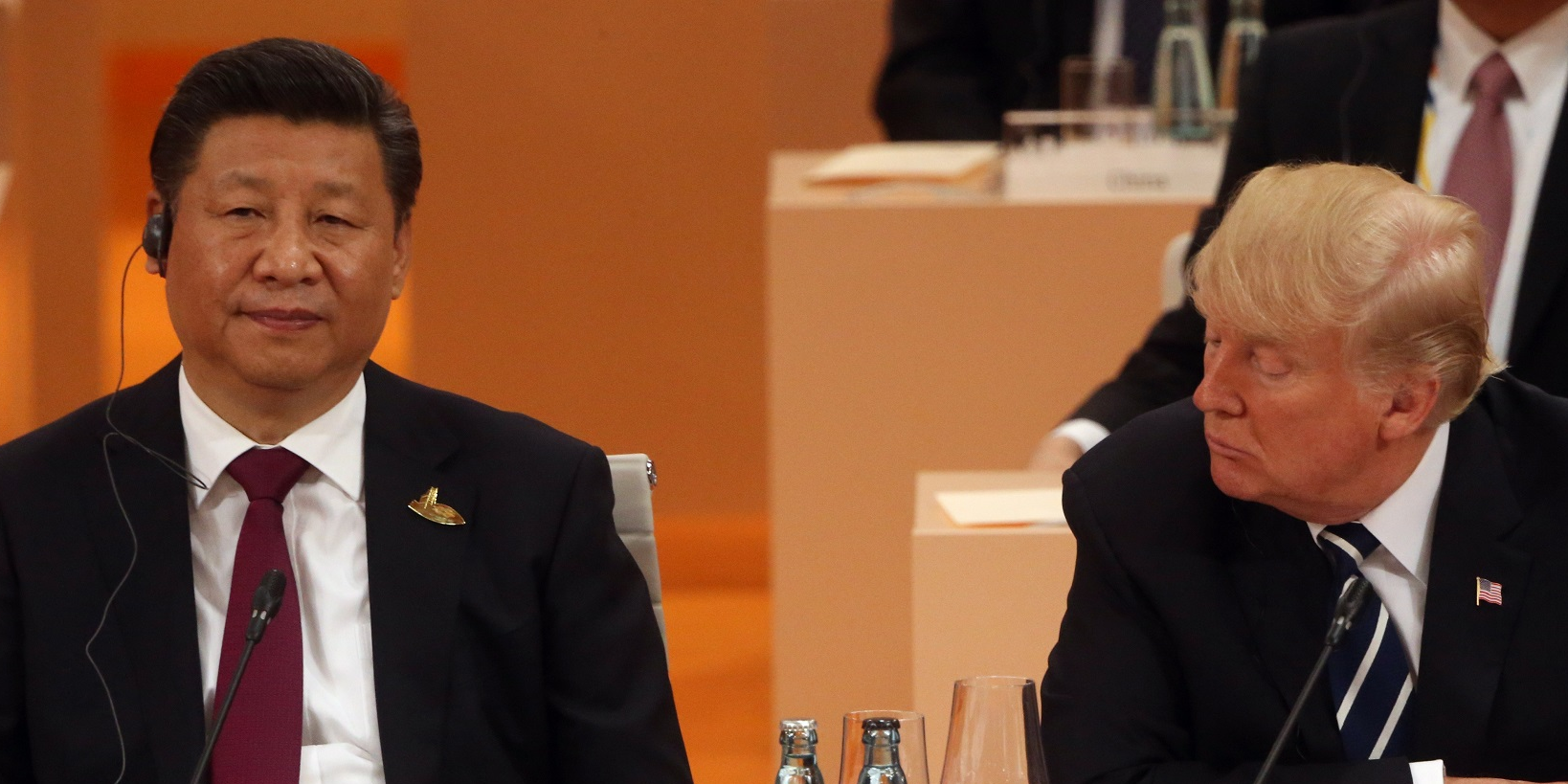- The US is planning to increase tariffs on $200 billion worth of Chinese goods on Friday, marking a huge upheaval in the two countries’ yearlong trade war.
- US officials on Monday said the move was prompted by China’s “retreating from specific commitments that had already been made.”
- According to Reuters, China had deleted swaths of text from a tentative trade agreement that promised to change laws to resolve US trade complaints.
- Visit Business Insider’s homepage for more stories.
China blew up a tentative trade deal with the US by secretly deleting swaths of text from a draft agreement that it didn’t want to commit to, according to a report by Reuters.
Citing government and private-sector sources who were briefed on the negotiations, Reuters said Chinese officials removed large amounts of text that had been earmarked for inclusion.
The erased segments of the deal reportedly included China’s promises to change its laws to satisfy long-standing US complaints including claims that China allowed its companies to profit from stealing US intellectual property and trade secrets.
The edits in the nearly 150-page document were found in a diplomatic cable last Friday night, the news agency said.

The deleted text dealt with intellectual-property theft, trade secrets, forced technology transfers, competition policy, access to financial services, and currency manipulation, Reuters reported.
These were the complaints that launched the Trump administration's yearlong trade war with China.
The timing of the discovery could explain President Donald Trump's surprise Sunday announcement on Twitter that the US was preparing to raise tariffs on $200 billion worth of Chinese goods to 25% from 10%.
Read more: Global stocks are a sea of red on trade-war fears after Trump claimed that China 'broke the deal'
....of additional goods sent to us by China remain untaxed, but will be shortly, at a rate of 25%. The Tariffs paid to the USA have had little impact on product cost, mostly borne by China. The Trade Deal with China continues, but too slowly, as they attempt to renegotiate. No!
— Donald J. Trump (@realDonaldTrump) May 5, 2019
US Trade Representative Robert Lighthizer on Monday had said the proposed tariff increase was triggered by an "unacceptable" and sudden reversal by China on key agreements in trade talks, Business Insider's Bob Bryan reported.
"Over the course of the last week or so, we have seen an erosion in commitments by China, I would say retreating from specific commitments that had already been made," Lighthizer said.
The new tariffs are scheduled to take effect at 12:01 a.m. on Friday.
Chinese Vice Premier Liu He, the country's top economic premier, is scheduled to visit Washington on Thursday and Friday to continue trade talks.

'China got greedy'
Lighthizer and US Treasury Secretary Steve Mnuchin were "taken aback at the extent of the changes" in the draft trade deal, according to Reuters.
An unnamed source in the private sector, who was briefed on the matter, told Reuters: "China got greedy."
"After 20 years of having their way with the US, China still appears to be miscalculating with this administration," the person said.
In a Wednesday press briefing, a Chinese Foreign Ministry spokesman, Geng Shuang, declined to discuss the edits in the trade text but described the move as part of a "process of discussions."
"It is only natural to have differences in a negotiation, which, by definition, is a process of discussions," Geng said. "The Chinese side will not sidestep differences and is sincere in continuing consultations."
An unnamed Chinese official familiar with the talks also told Reuters that changing laws in China required a lot of time and bureaucracy and that US demands were becoming more and more "harsh" and the road to a deal increasingly "narrow."

Trump on Wednesday argued that China was pulling back on the tentative trade deal with the goal of waiting out his presidency.
China on Wednesday vowed to retaliate if the US went ahead with the tariff increase, saying that it would take "necessary" countermeasures and that it "deeply regrets" the Trump administration's new measures.

